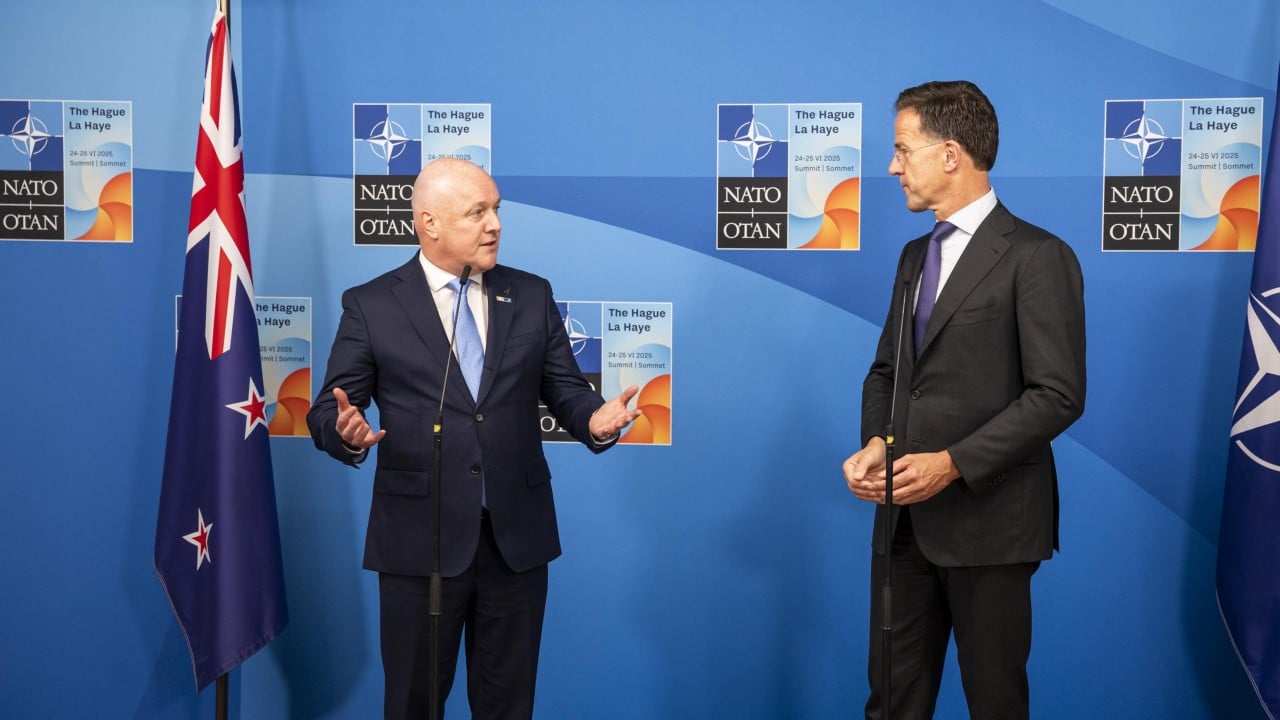For the first time in four years, the leaders of South Korea and Japan were nowhere to be seen at the annual Nato summit.
Advertisement
Australia’s prime minister was also absent from The Hague but New Zealand Prime Minister Christopher Luxon took part in the meeting.
The four countries are not Nato members, but the security bloc has identified Japan, South Korea, Australia and New Zealand – also known as the Indo-Pacific Four (IP4) – as key partners in the alliance’s engagement with the Indo-Pacific region.
Leaders of all four countries had attended annual Nato summits since 2022, at the invitation of the alliance, but this year, Japan, South Korea and Australia sent lower-level representatives to the event.
The decision reflects higher priorities in a region concerned that Middle East conflicts could be distracting the United States from the Indo-Pacific, at least in the short term, experts say.
Advertisement
Two leaders – Australian Prime Minister Anthony Albanese and South Korean President Lee Jae-myung – rejected Nato’s invitation, citing as reasons “domestic priorities and growing uncertainty in the Middle East”.
Japanese Prime Minister Shigeru Ishiba, who initially accepted the invitation, cancelled his trip to The Hague a day before his departure, reportedly because there was little chance of a meeting with US President Donald Trump.

